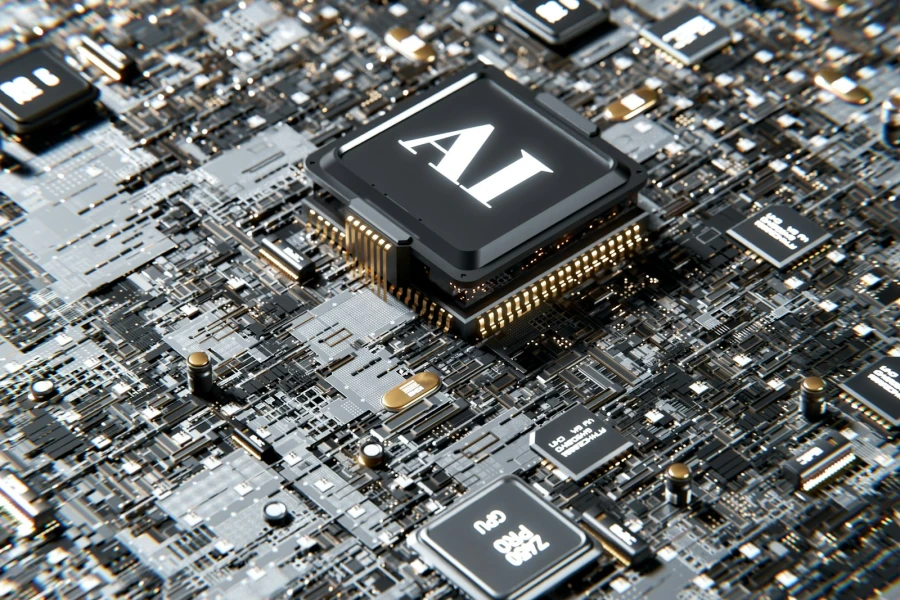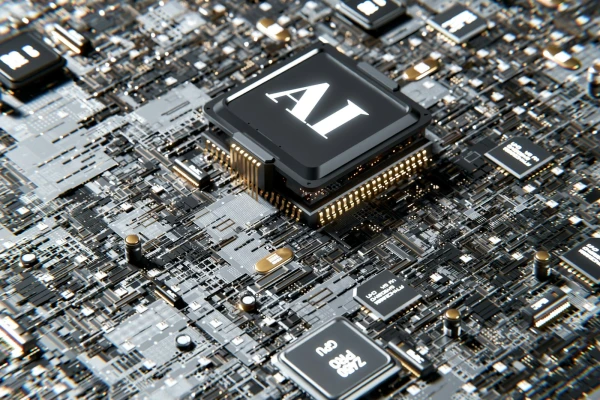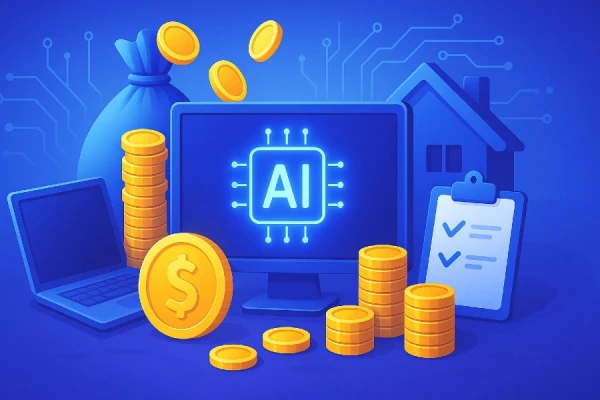Have you ever imagined a world where artificial intelligence (AI) is not just an advanced tool, but a key driver of global power? Amid the allure of innovation, countries are now engaged in a silent yet fierce race to control AI. It's not merely about technological prestige or scientific status—the stakes run far deeper. From diplomatic negotiation tables to hidden laboratory rooms, every move is calculated and filled with hope. Behind the headlines lies a complex story: why has mastering AI become so crucial for any nation in the modern era?
Artificial Intelligence: More Than Just Technology
There is a reason the term "artificial intelligence" has become so frequently heard lately. It's not only because AI is becoming smarter, but also because its impact is reaching nearly every aspect of life: from how we work, learn, to how we interact with others—whether individuals, institutions, or nations.
More than just a tool that simplifies life, AI is increasingly becoming an instrument of power and influence. We observe how AI is used to analyze big data, automate industries, and even shape public policy in countries that have access to and control over this technology.
The Motivation Behind the Competition to Control AI
1. The New Superpower in the Digital Era
In the past, a nation's power was synonymous with its military or natural resources. Today, AI is added to that list. Countries that succeed in dominating AI become pioneers not only in economic domains but also in geopolitics. Just look at the rivalry between the United States and China, two superpowers that continuously leapfrog each other in AI innovation. Both invest heavily—not merely for everyday applications, but for global influence.
2. Crises and Opportunities in the Economy
Mastering AI can exponentially drive economic growth. Imagine factories fully automated, logistics managed without human intervention, and service sectors becoming increasingly efficient. On the other hand, there is concern about machines replacing human labor. Countries able to manage this transition can protect their citizens and gain significant economic advantages.
3. National Security and Cybersecurity
Control over AI is no longer just about who can build the fastest applications. Today, AI is used for data protection, cyber threat identification, and automated defense systems. Countries that fail to strengthen their AI capabilities risk becoming targets in the new battlefield of modern warfare: cyberspace.
4. Narratives, Culture, and National Identity
Though less visible, AI also begins to influence cultural narratives. For instance, intelligent search systems or content recommendations can shape public perspectives—even dictate which historical narratives gain wider acceptance. Countries now race to develop AI not only for technical needs but also to ensure their identities and values remain relevant and recognized.
Ethics, Privacy, and Global Inequality
Behind these ambitions lie grey areas that cannot be ignored. Who takes responsibility when AI makes erroneous decisions? What about privacy protection as personal data enters these ultra-intelligent analytic machines?
It is undeniable that countries with limited resources risk falling further behind if AI access becomes increasingly exclusive. This is a warning that many advocates for technological justice are beginning to raise.
Regulations and the Path to AI Governance
What happens if AI can no longer be controlled by humans? This question might sound like science fiction, but it is a real concern for world leaders. Hence, efforts have emerged to formulate regulations—both local and international—governing AI use, security, and accountability.
For example, the European Union has launched specific regulations emphasizing human rights protection and digital ethics. Asian countries such as Japan and South Korea focus on data transparency and consumer protection. There is hope that regulations will not only provide safeguards but also promote human-centered and inclusive AI.
How Countries Are Adapting
Each country's strategy varies. Some pursue international research collaboration to accelerate AI development, such as through G20 programs or bilateral partnerships. Others choose to strengthen domestic innovation by fostering startup ecosystems and funding local tech companies.
Many developing countries are also partnering with universities and communities to ensure AI development does not disregard local values while remaining globally relevant. Ultimately, adaptation cannot rely solely on technological progress; it must be accompanied by social policies, education, and cross-cultural dialogue.
Questions for the Future
Does every country truly need to master AI? Or is there another option—sharing knowledge and building a more balanced technological world? Perhaps the best answers will emerge when we embrace collaboration, open broader dialogues among nations, and learn from our differences.
Conclusion
Lorem ipsum dolor sit amet, consectetur adipiscing elit, sed do eiusmod tempor incididunt ut labore et dolore magna aliqua. Ut enim ad minim veniam, quis nostrud exercitation ullamco laboris nisi ut aliquip ex ea commodo consequat. Duis aute irure dolor in reprehenderit in voluptate velit esse cillum dolore eu fugiat nulla pariatur. Excepteur sint occaecat cupidatat non proident, sunt in culpa qui officia deserunt mollit anim id est laborum.
Closing
Thank you for joining us in reflecting on this remarkable journey of AI. May we always be part of the solution, not mere spectators—for a better future begins with awareness today.







